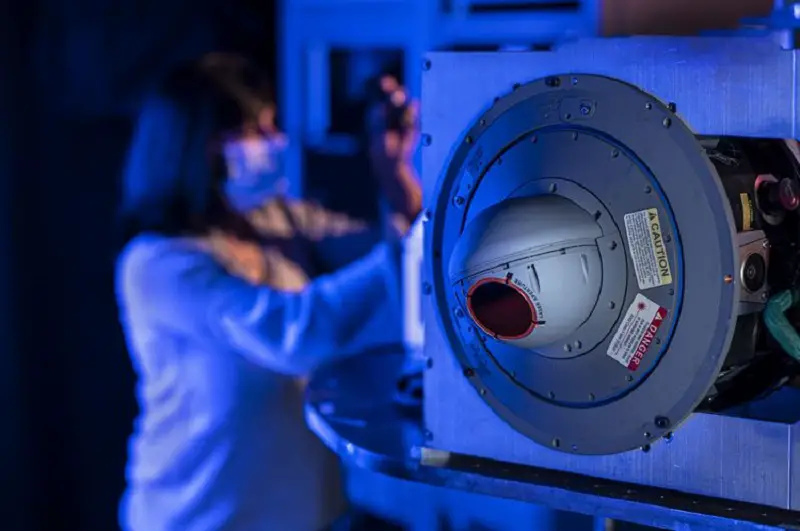Northrop Grumman Corporation continues its work for the U.S. Air Force for additional Large Aircraft Infrared Countermeasure (LAIRCM) systems. Northrop Grumman received the work as part of an existing indefinite delivery, indefinite quantity contract. The LAIRCM system defends domestic and international aircrews by detecting, tracking and jamming incoming infrared threats. Under these orders, Northrop Grumman is providing LAIRCM upgrades, modifications and installations on a wide range of U.S. fixed-wing and rotary wing aircraft. Additionally, this contract covers platforms operated by international customers around the globe.
“With its modular, scalable architecture, LAIRCM can adapt to numerous airframes and add technologies that enhance protection capabilities,” said Bob Gough, vice president, navigation, targeting and survivability, Northrop Grumman. “This proven approach has enabled us to provide the U.S. Air Force and thousands of aircrews with unmatched protection and aircraft survivability equipment that helps them stay safe against emerging threats.”

Northrop Grumman’s family of countermeasure systems such as LAIRCM and the new Common Infrared Countermeasure (CIRCM) system are installed on more than 1,500 aircraft of 85 different types, providing spherical protection by detecting, tracking and jamming incoming infrared threats. The most advanced aircraft survivability equipment available, it defeats threats by directing a high-intensity laser beam into the eye of the fast-moving missile’s infrared seeker. Using a range of industry best practices to achieve agility, Northrop Grumman leverages its years of infrared countermeasure expertise in a modern, modularized agile framework to continue providing capable and adaptable LAIRCM systems to the U.S. Air Force.
EO/IR technology is at the core of Northrop Grumman’s infrared countermeasures (IRCM) systems. IRCM refers to a variety of systems designed to protect aircraft from infrared homing (otherwise known as “heat-seeking”) missiles. These missiles are designed to lock onto heat, such as heat emitted by an aircraft engine, and steer the missile toward that energy. Infrared missiles are increasingly cheap, simple and dangerous — posing a major threat to military aircraft. Northrop Grumman Corporation is an American multinational aerospace and defense technology company. With 90,000 employees and an annual revenue in excess of $30 billion, it is one of the world’s largest weapons manufacturers and military technology providers
















